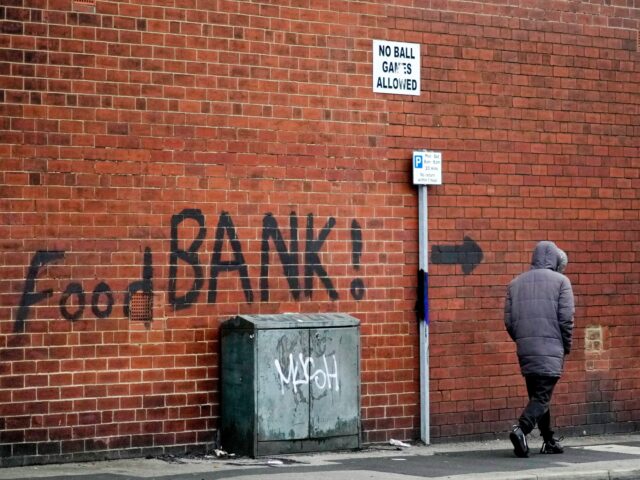Real household disposable income is likely to fall by over seven per cent over the next two years in Britain, despite claims from finance minister Jeremy Hunt that his budget will bolster the economy.
According to the Office for Budget Responsibility (OBR), real household disposable income will see the steepest decline in recorded history over the next two years, bringing incomes down to the same level seen a decade ago in 2013.
“Rising prices [will] erode real wages and reduce living standards by seven per cent in total over the two financial years to 2023-24 (wiping out the previous eight years’ growth), despite over £100 billion of additional Government support,” the OBR report stated.
‘The squeeze on real incomes, rise in interest rates, and fall in house prices all weigh on consumption and investment, tipping the economy into a recession lasting just over a year from the third quarter of 2022, with a peak-to-trough fall in GDP of 2 per cent,” the government body predicted.
The report came ahead of the announcement of the Autumn budget by the Chancellor of the Exchequer, Jeremy Hunt, who claimed that as a result of the government’s plans to impose the highest tax level since the Second World War the recession will ultimately be “shallower”.
In order to fill the so-called “black hole” in Britain’s public finances, in large part a result of the government’s decision to impose lockdown restrictions and the ensuing furlough scheme to prop up the economy during the Chinese coronavirus pandemic, Hunt announced that he would be imposing an additional £24 billion in tax hikes over the next five years.
This comes in addition to the £32 billion in increases he imposed in October following a globalist coup against former prime minister Liz Truss, who briefly mounted a failed attempt to institute a low tax agenda in order to bolster growth ahead of the looming recession.
Despite the Conservative party membership expressly rejecting the high-tax policies of Sunak, the globalist coup conducted by Hunt and others to install Sunak as leader ultimately prevailed, and the country now will face the highest tax burden since the wartime 1940s while the government continues to plough the public’s hard earned cash into green agenda goals.
Following Hunt’s performance in Parliament on Thursday, Paul Johnson, the director of the Institute for Fiscal Studies (IFS), said that the economic reality facing Britons was “simply staggering” given the reduction in take-home pay after the increase in taxes.
Reform UK leader Richard Tice, whose populist party — the rebranded Brexit Party formerly led by Nigel Farage — has been surging in the polls against the Tories, said that it was “laughable nonsense” for Chancellor Hunt to claim that the recession and the energy crisis was a result of “global” factors such as the Chinese coronavirus and the war in Ukraine.
Mr Tice said that the economic woes facing the country were “self-inflicted”, citing persistent tax hikes from the allegedly Conservative government and the “obsession” with the net zero climate agenda.
“It’s time for a general election,” the Reform leader said.
Follow Kurt Zindulka on Twitter here @KurtZindulka

COMMENTS
Please let us know if you're having issues with commenting.